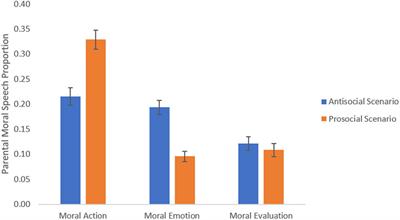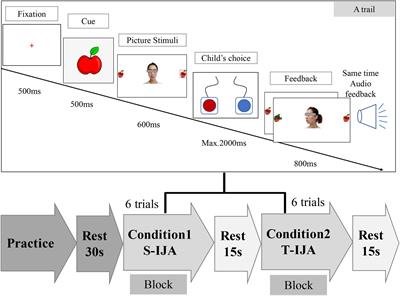RETRACTION
Published on 23 Aug 2024
Retraction: Do surrounding people's emotions affect judgment of the central person's emotion? Comparing within cultural variation in holistic patterns of emotion perception in the multicultural Canadian society
doi 10.3389/fnhum.2024.1480750
- 426 views



